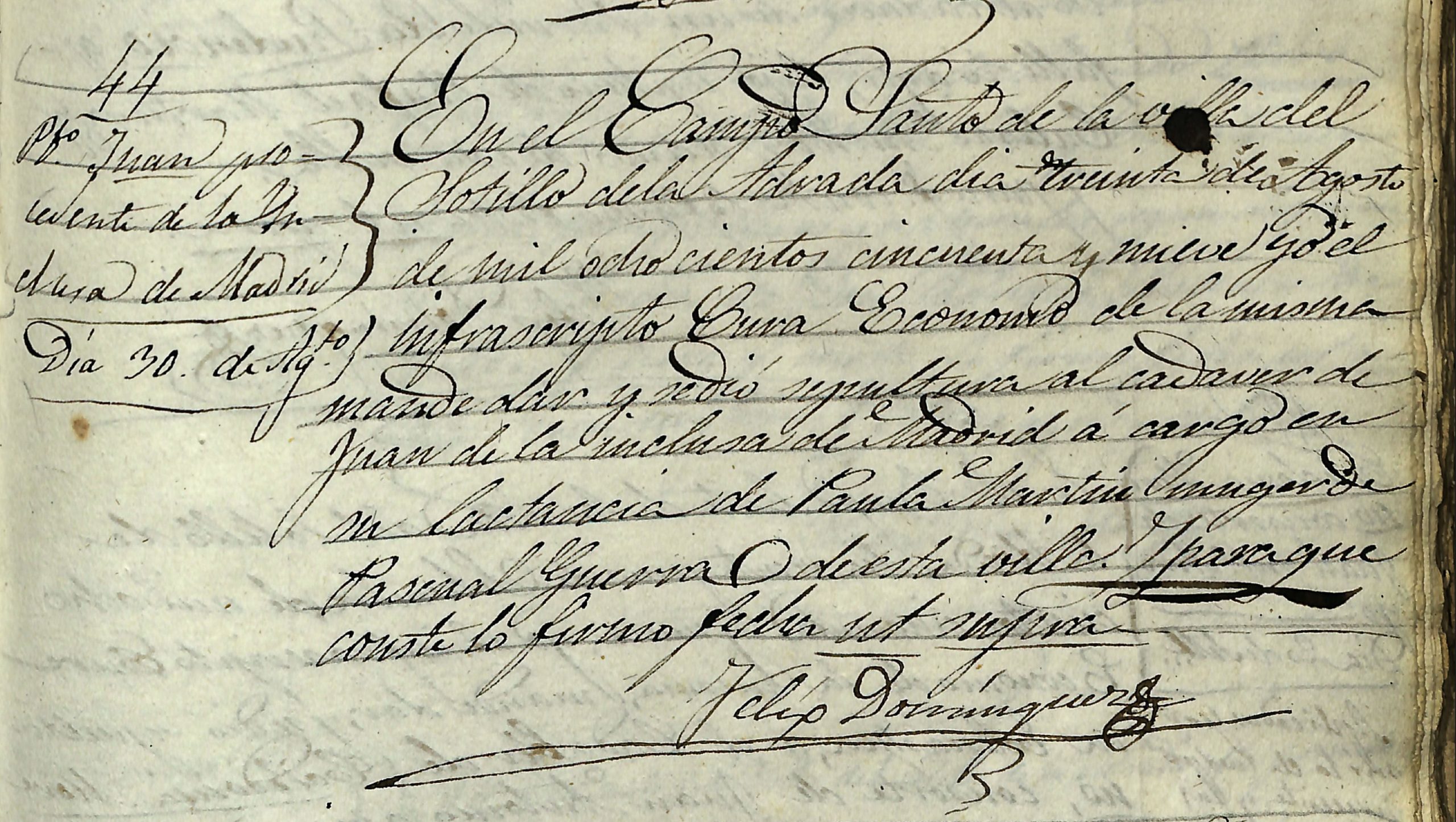Year 2025
The first Temporary exhibition of 2025 is entitled Ancient Mediterranean Inks and Pigments and has been prepared by Miriam Blanco Cesteros, tenure-track assistant professor in the Department of Classical Philology at the University Complutense of Madrid (Spain) and main investigator of the project “ΙΝΚ-Quiry. Towards a comprehensive understanding of inks in Antiquity”. Although we associate ink with writing, in premodern times there was no difference between ink and paint. For this reason, this exhibition presents inks as a transdisciplinary product with a gender perspective, challenging the perception of these professions as exclusively male domains. A further consideration that guided this exhibition was the intersection between culture and the environment: inks directly touch on both, as the use of different resources and their manipulation throughout history reveals a technology that is closely linked to an environment of changing resources to which humans have adapted. Thus, the history of ink represents the evolution of an important facet of our cultures, but also serves as a reminder of our responsibility to the environment, as well as the significance of preserving traditional craftsmanship and its history.
The second Temporary exhibition of this year is entitled The transforming power of an urban allotment and is associated with the tenth anniversary of the constitution of the Huerto Comunitario de Manoteras (Manoteras Community Allotment) and its socio-cultural Project «Las Noches del Huerto» («Nights at the allotment»). The Exhibition narrates the community project to recover a vacant space in Manoteras, a popular neighborhood on the outskirts of Madrid (Spain), an effort that managed to overcome the impact of the COVID19 pandemic. The texts have been prepared by different people connected to this initiative under the coordination of Miguel A. Rodríguez.
The third Temporary exhibition of 2025 is entitled Give Birth, Nurture, Grieve: a Gredos Wet-nurse and a Madrid Foundling, mid-19th Century and has been coordinated by Wolfram Aichinger, professor and researcher at the University of Vienna, who also coordinated the 2022 exhibition at the Virtual Museum of Human Ecology Cultures of Birth in Early Modern Spain and Europe. The Exhibition narrates the encounter, in 1859, of Juan, a newborn from the foundling hospital in Madrid —an «inclusero»— and a woman from a village in the Sierra de Gredos who will be his wet-nurse engaged by beneficence. The Exhibition thus links two social spheres —the countryside and the city— in the era of restoration and economic strength under Isabel II, reviewing motherhood and infancy, care and helplessness.



